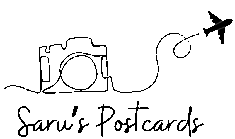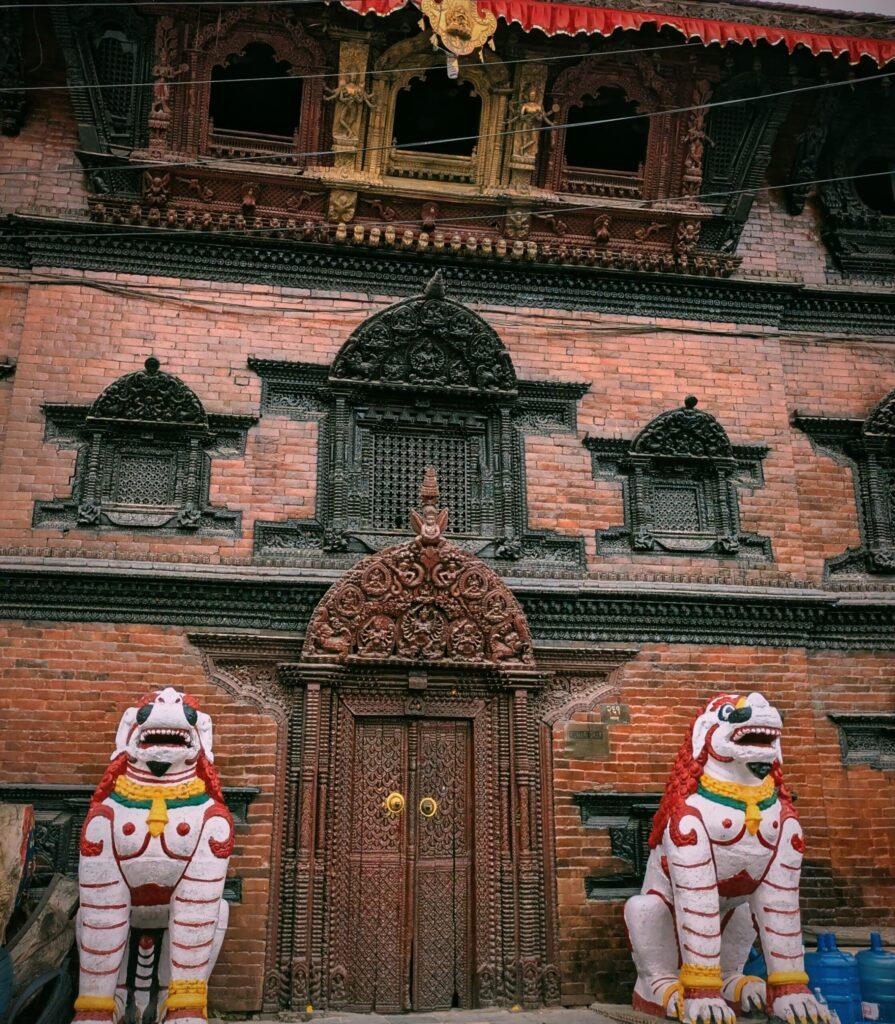Planning 3 weeks in Nepal? This complete itinerary blends culture, adventure, nature, and trekking—taking you from the ancient temples of Kathmandu to the jungles of Chitwan and the stunning Himalayas around Pokhara.
Perfect for first-timers and adventurers alike, here’s how to spend three unforgettable weeks in Nepal.
🇳🇵 Week 1: Culture & Heritage in Kathmandu Valley
🏙️ Day 1–3: Explore Kathmandu
Your journey begins in Kathmandu, the heart and soul of Nepal. Despite the noise and chaos, the city’s rhythm soon feels like home.
Spend your first few days visiting the UNESCO World Heritage Sites — the sacred Swayambhunath (Monkey Temple), the serene Boudhanath Stupa, and the deeply spiritual Pashupatinath Temple. Each holds centuries of faith and fascinating stories: the scent of incense, the rhythmic chants of monks, and the golden stupas gleaming under the sun make these moments unforgettable.
🛍️ Pro Tip: Thamel is the traveler’s hub for good reason — packed with trekking shops, bookstores, and cozy cafés. It’s also the best place to grab your gear if you plan to trek later. Bargain gently and look for locally made brands to support Nepali businesses.
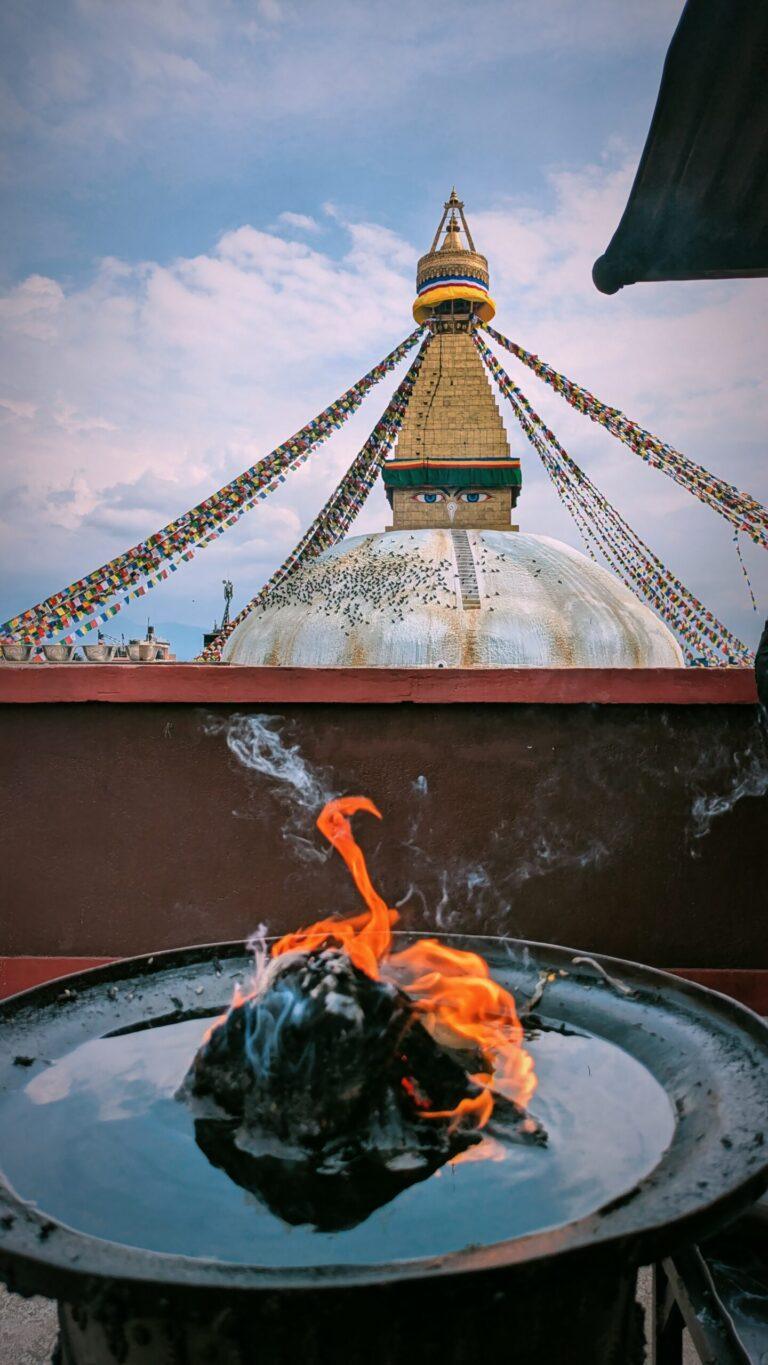
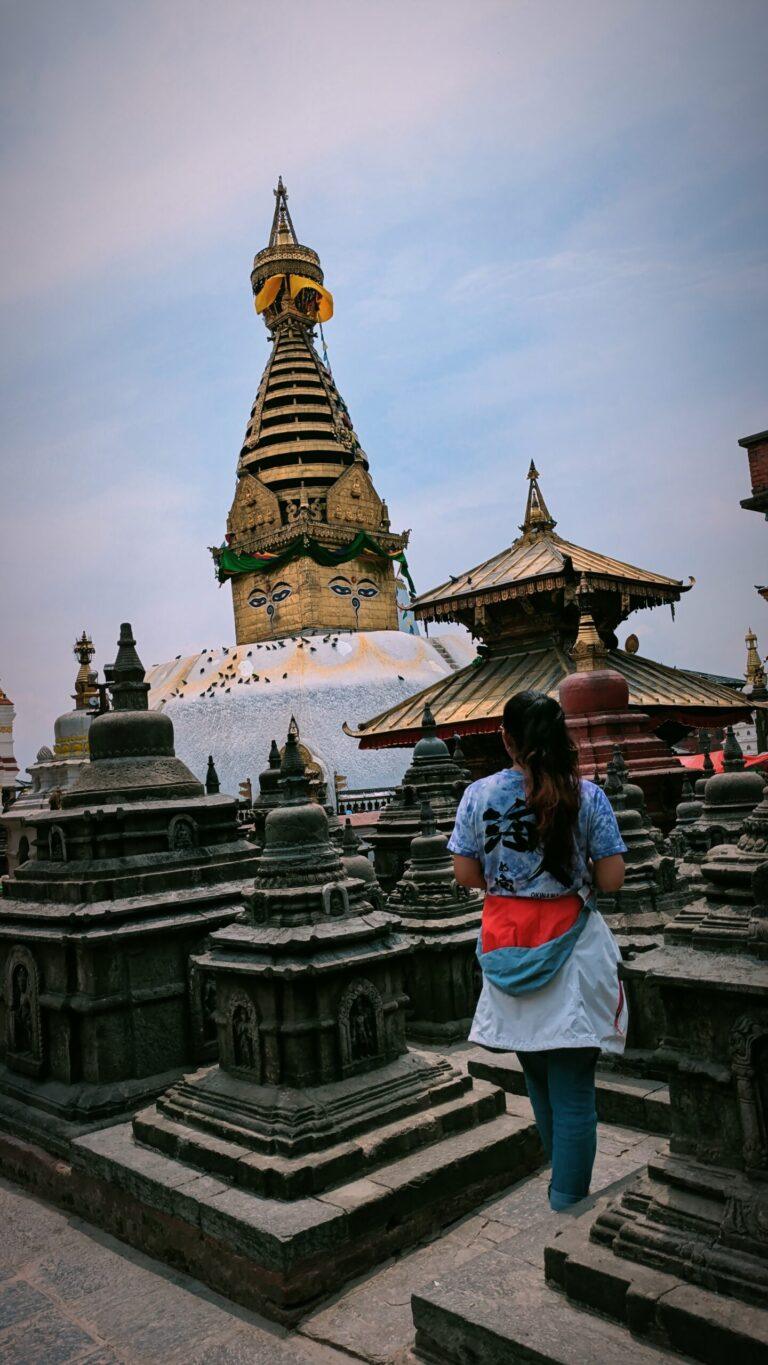
🕍 Day 4–5: Bhaktapur & Patan
Once you’ve explored Kathmandu, escape the city buzz and step into the living history of Bhaktapur and Patan — two of the three ancient kingdoms in the valley.
In Bhaktapur, every brick tells a story. Walk through narrow alleys where time seems to have paused centuries ago. Visit Bhaktapur Durbar Square, a masterpiece of medieval architecture filled with palaces, temples, and carved windows. Don’t forget to try Juju Dhau, the famous “King Curd” — thick, creamy yogurt served in clay pots.
In Patan, marvel at Patan Durbar Square, a dazzling display of Newari art and craftsmanship. Explore its temples, courtyards, and the Patan Museum — often called one of the best in South Asia.
💡 Pro Tip: Visit Durbar Squares at Night
Don’t skip the Durbar Squares after dark! When the crowds leave and the lights come on, these squares transform into magical, peaceful sanctuaries. Sit on the palace steps, sip a cup of chiya (tea), and listen to the city’s quiet heartbeat. Patan at night feels like a page from history.
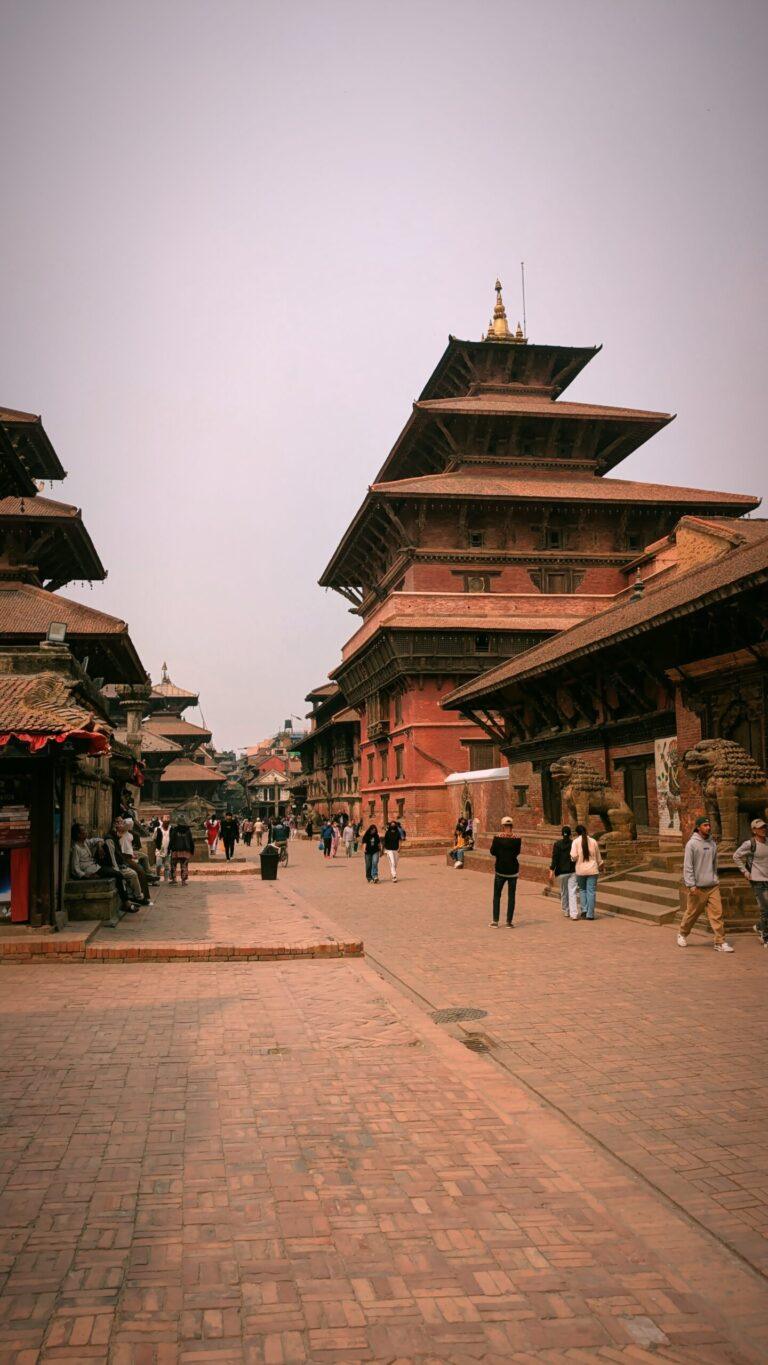
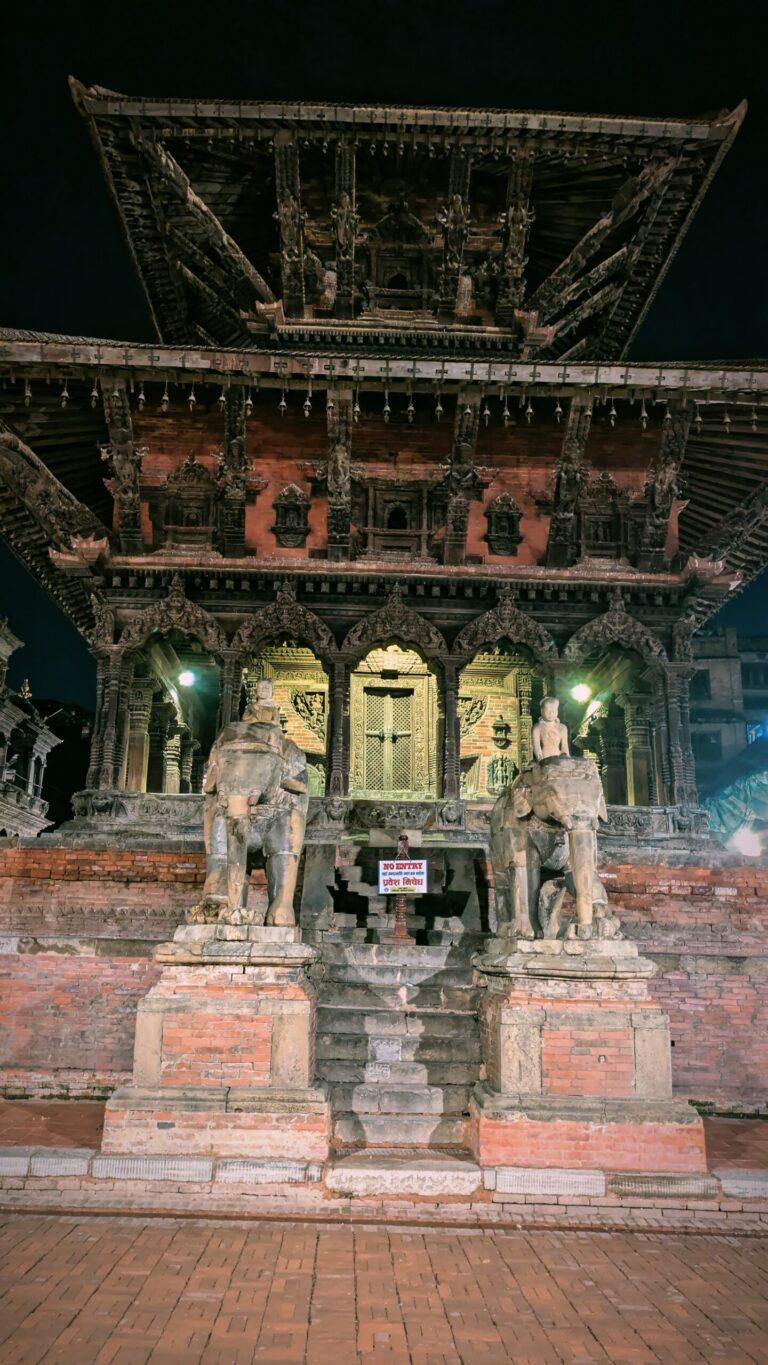
🌄 Day 6: Nagarkot or Dhulikhel — Hillside Escape
After immersing yourself in the valley’s culture, it’s time for a breath of fresh Himalayan air. Nagarkot and Dhulikhelare both perfect for that.
Nagarkot is famous for its sunrise views — the kind that leaves you speechless as the snow-capped peaks slowly glow gold. On clear mornings, you might even catch a glimpse of Mount Everest on the horizon.
💡 Pro Tip: Hike Your Way to Nagarkot
Instead of driving up, take the scenic route! Hike from Bhaktapur (4–5 hours) or Changu Narayan (3–4 hours) through terraced hills, pine forests, and peaceful villages. You’ll get a taste of rural Nepal — farmers tending fields, kids waving hello, and the sweet smell of woodsmoke from tiny homes.
🛏️ Stay overnight at a small guesthouse or eco-lodge. Ask the staff where the real sunrise spot is — locals always know best. Wake up early (around 4:30–5:00 AM), grab a hot cup of tea, and watch the mountains come alive. It’s one of the most magical moments you’ll have in Nepal.
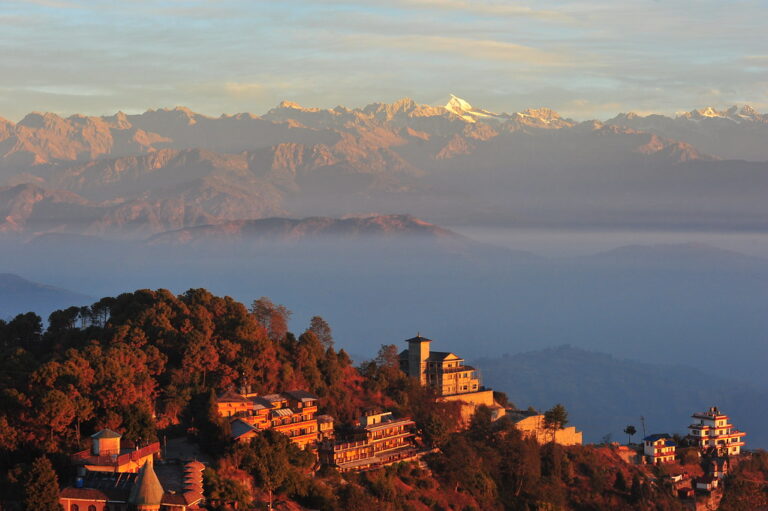
🐘 Week 2: Jungle Adventure in Chitwan + Pokhara
Next stop — the southern jungles of Nepal! Head to Chitwan National Park, a UNESCO World Heritage Site known for its incredible biodiversity and wildlife.
Go on a jeep safari through the dense sal forests and grasslands to spot rhinos, deer, wild boars, and if luck smiles upon you — a Bengal tiger! Glide silently down the Rapti River on a canoe ride, where crocodiles bask in the sun and colorful birds flutter by.
In the evening, visit a Tharu village to learn about local life, dances, and traditions. Their hospitality is heartwarming, and the food — especially the grilled fish and spicy pickles — is unforgettable.
💡 Pro Tip: Wildlife Is Wild — But Luck Helps!
The best times to spot animals are early morning and late afternoon when they’re most active. Stay quiet, follow your guide’s instructions, and bring binoculars. Every safari feels like a real-life adventure.
If you want to learn more, visit the Tharu Cultural Museum or explore the park’s visitor center.
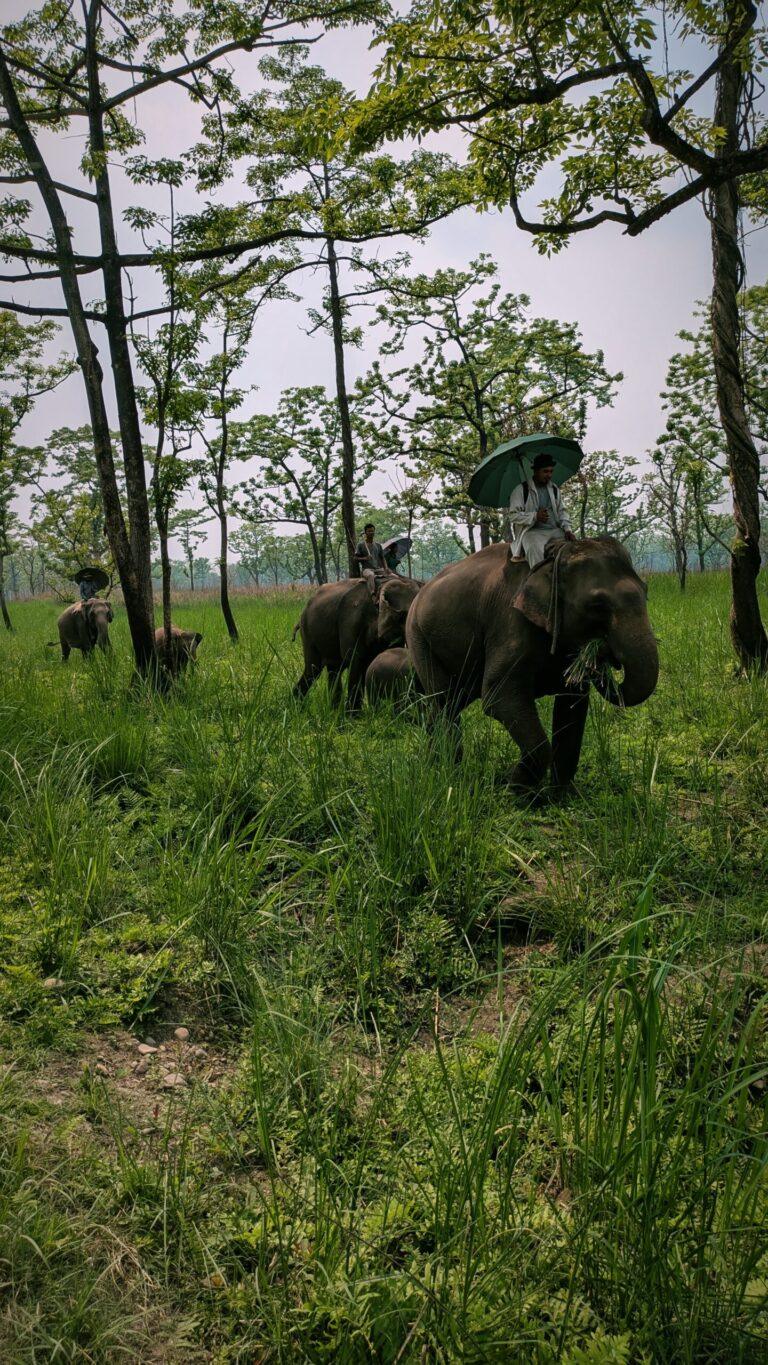
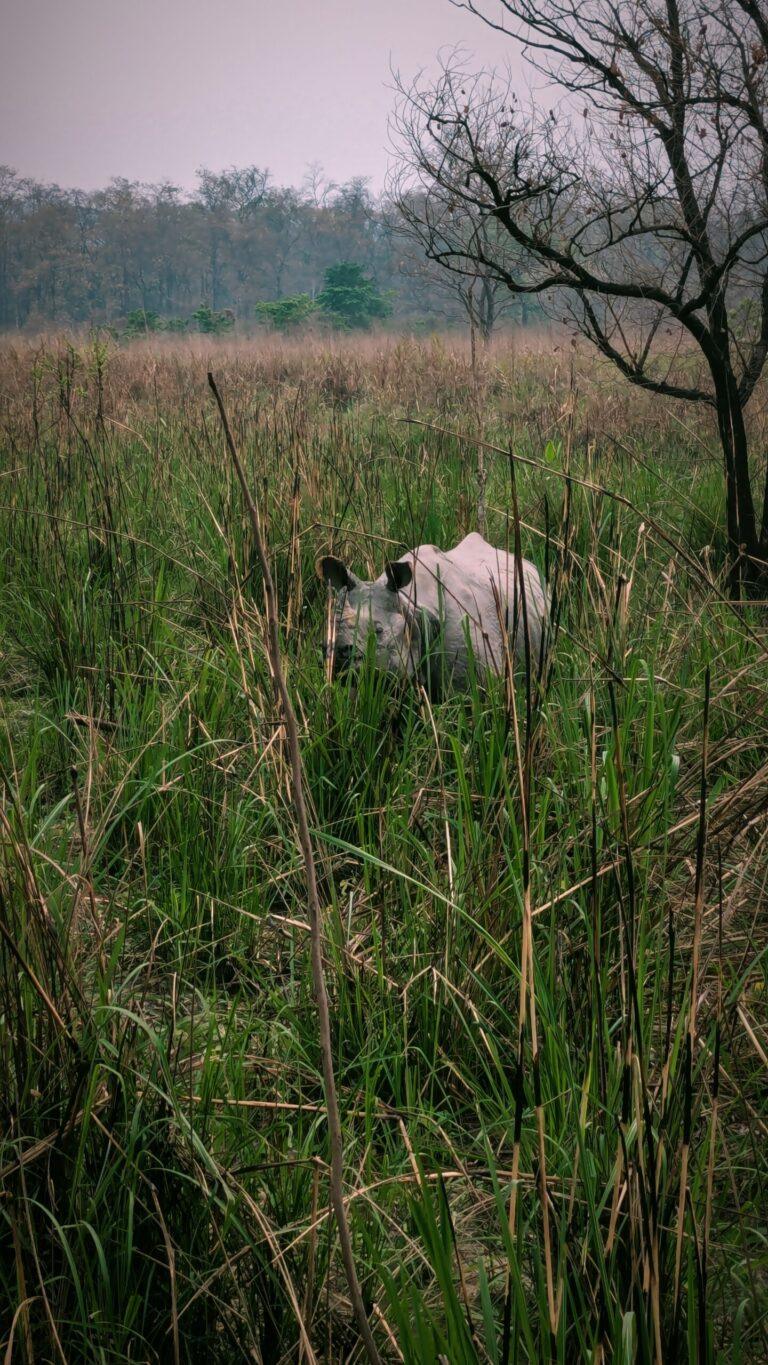
🌊 Day 10–14: Pokhara — Lakeside Bliss
After the heat and humidity of the jungle, Pokhara feels like paradise. This lakeside town is surrounded by green hills and backed by the majestic Annapurna range.
Start your days with a peaceful boat ride on Phewa Lake, watching the reflection of Machapuchare (the sacred “Fishtail Mountain”) dance on the water. Visit the World Peace Pagoda for sweeping views, explore Devi’s Falls, and visit Gupteshwor Cave, a sacred site dedicated to Lord Shiva.
For the adventurous, Pokhara offers paragliding, zip-lining, and ultralight flights — experiences that give you a bird’s-eye view of the Himalayas.
In the evenings, walk along Lakeside, where live music, candlelit cafés, and handmade shops create the perfect atmosphere to unwind.
💡 Pro Tip: For a calm sunset, skip the busy main lakeside and head to the north end of Phewa Lake. The views are equally stunning, and you’ll find fewer tourists — just locals paddling boats and kids playing by the shore.
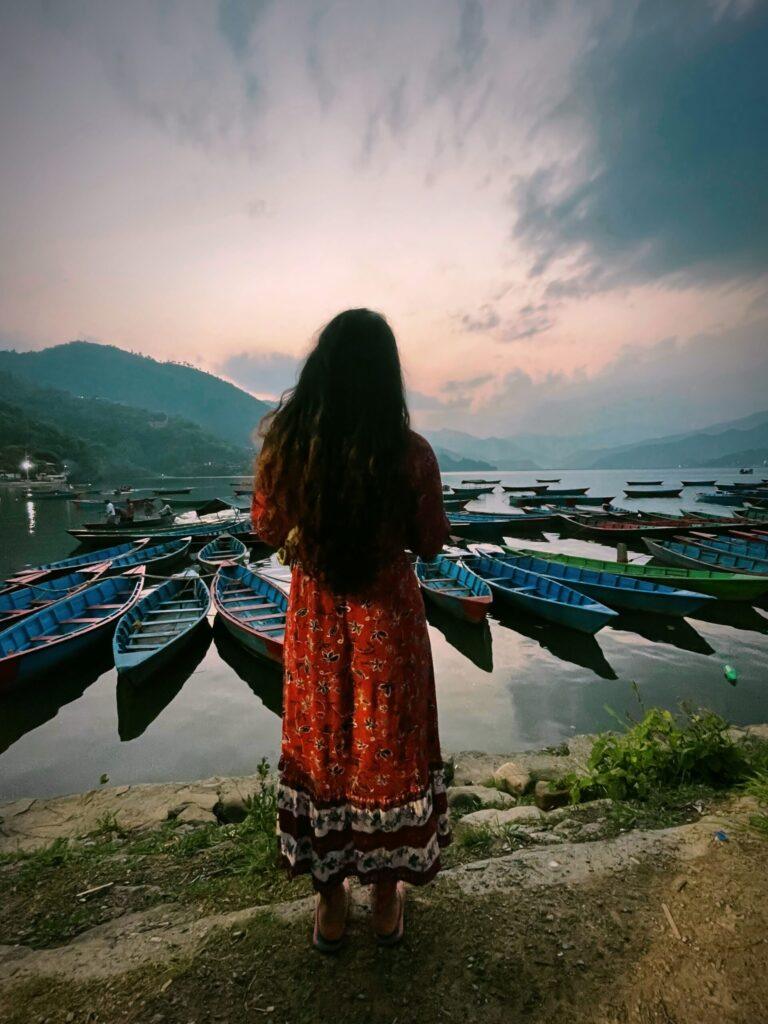
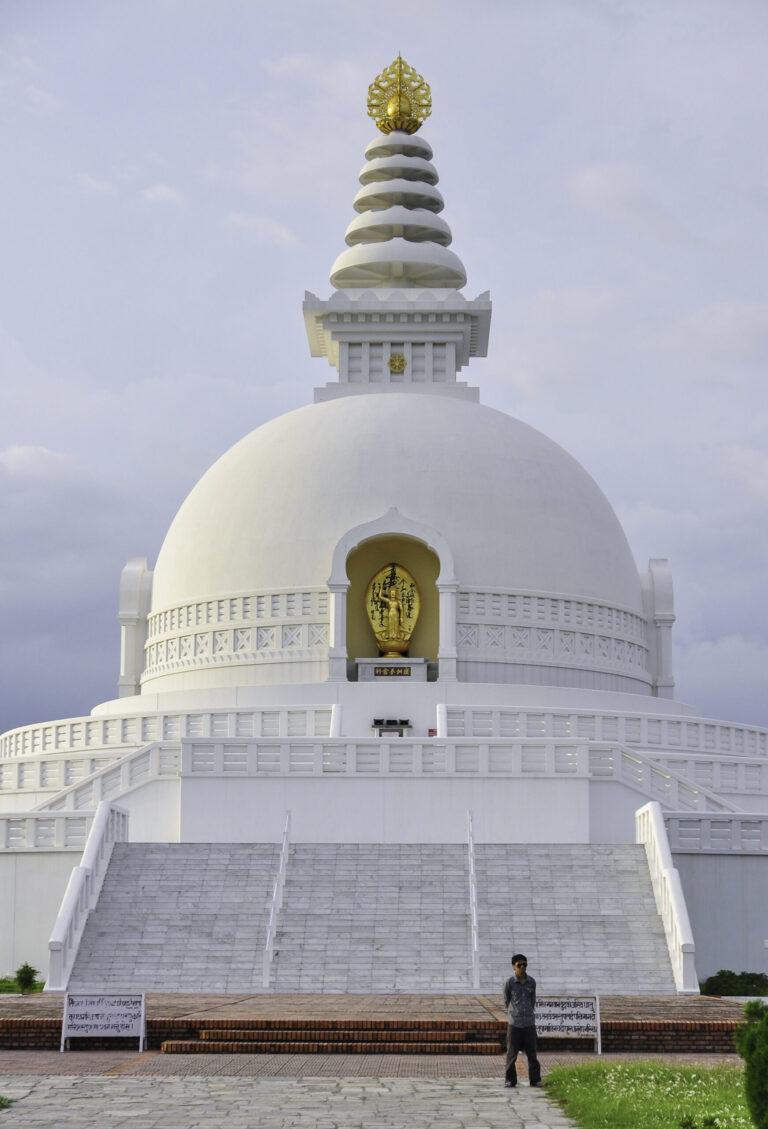
🥾 Week 3: Trekking the Himalayas (Poon Hill)
🏞️ Day 15–19: Ghorepani Poon Hill Trek
Now it’s time for Nepal’s most iconic experience — trekking in the Himalayas.
The Ghorepani–Poon Hill Trek (4–5 days) is ideal for beginners yet rewarding for all. It takes you through charming Gurung and Magar villages, colorful rhododendron forests, and up to Poon Hill (3,210m) for one of the best sunrise views in the world.
When the sun rises over the Annapurna and Dhaulagiri ranges, it’s a sight that will stay with you forever — a panorama of gold and snow stretching across the sky.
Along the way, stop in Ghandruk, a picturesque village with stone houses, friendly tea houses, and views that make every step worthwhile.
🎒 Pro Tip: Check the latest trekking permit requirements (TIMS and Annapurna Conservation Area Permit) at the Nepal Tourism Board in Kathmandu before you start your trek.
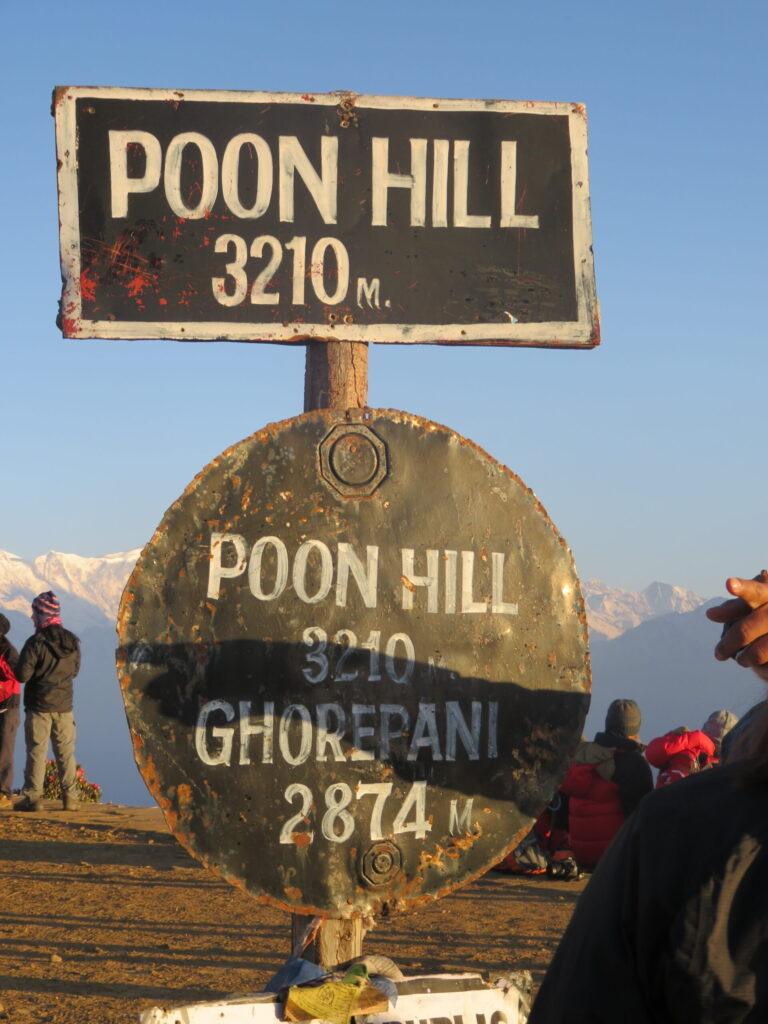
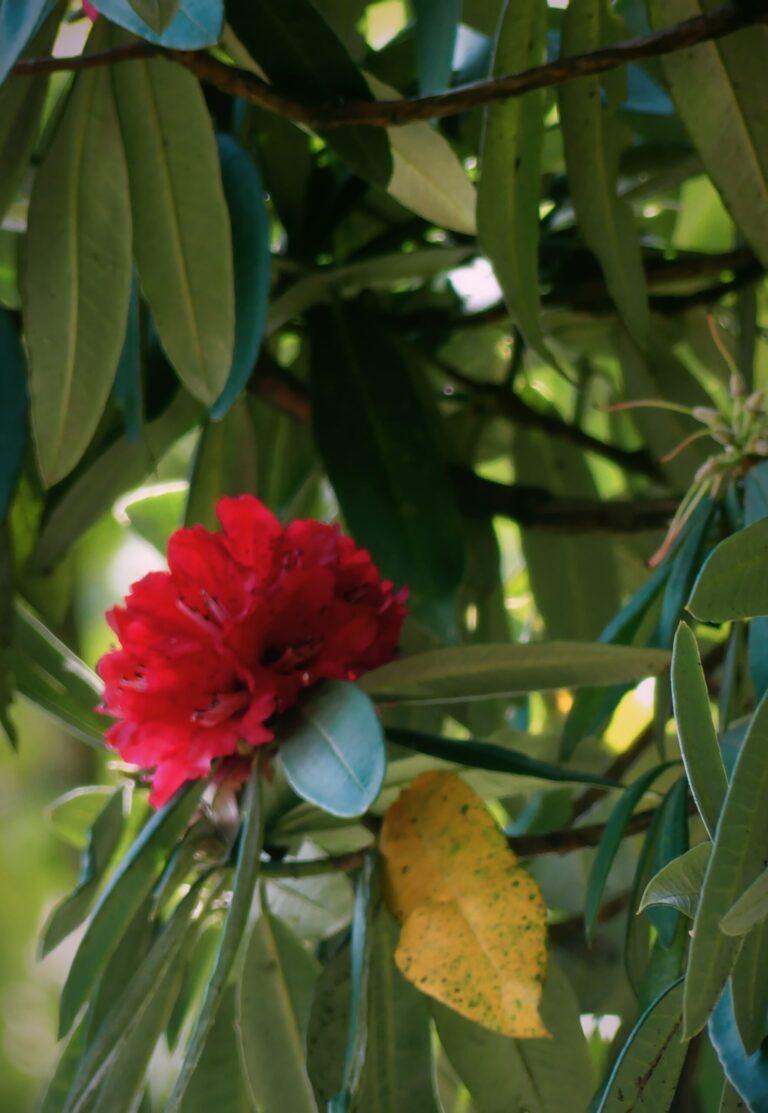
🌆 Day 20–21: Return to Kathmandu
After your trek, head back to Pokhara and take a flight or bus to Kathmandu for your final days.
Spend your last evening shopping in Thamel or Asan Bazaar for souvenirs — pashminas, singing bowls, or local tea make perfect gifts. End your trip with a farewell dinner at a traditional Nepali restaurant. Try dal bhat, momo, and a glass of raksi while enjoying live folk music and dance.
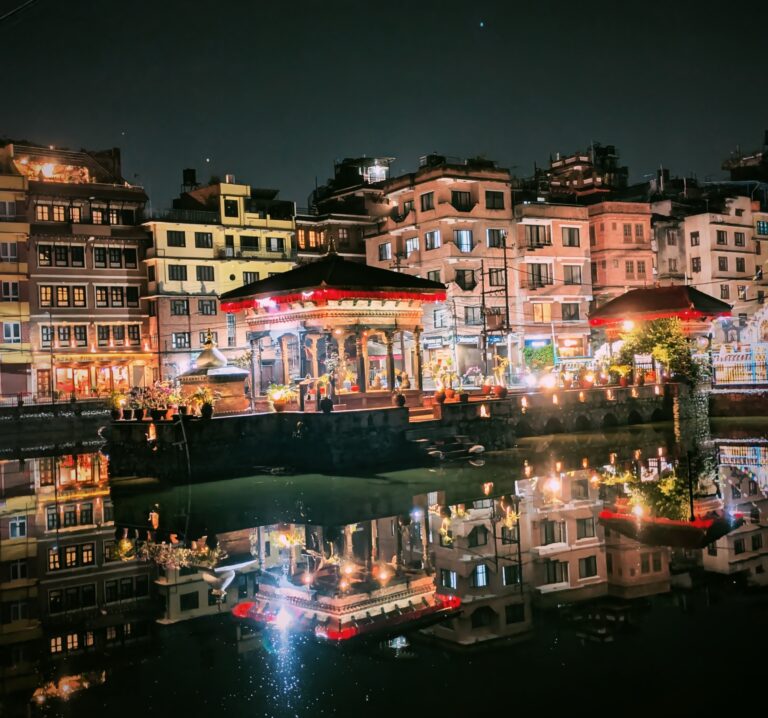
💬 Final Thoughts
This 3-week Nepal itinerary offers the perfect mix of everything that makes the country so special — ancient culture, spiritual depth, thrilling nature, and Himalayan adventure.
From chanting monks in Kathmandu’s temples to the wild roars of Chitwan’s jungle, from serene lakes in Pokhara to the snow-covered peaks above Poon Hill — Nepal will captivate your heart in ways you didn’t expect.
No matter where you go, you’ll be met with smiles, stories, and a genuine sense of connection. Nepal isn’t just a destination — it’s an experience that stays with you long after you’ve left.
Frequently Asked Questions (FAQs) — Practical Travel Tips for Nepal
1. When is the best time to travel to Nepal?
The ideal time to visit Nepal is during the spring (March to May) and autumn (September to November) seasons. These months offer clear skies, pleasant temperatures, and the best trekking conditions.
2. What’s the best way to exchange money in Nepal?
You can exchange foreign currency at banks, authorized money changers, and at the airport. Always check the current exchange rates and avoid street money changers to prevent scams.
3. Should I carry cash or rely on cards?
While ATMs and card payments are available in major cities and tourist areas, it’s wise to carry enough cash, especially when traveling to remote areas, trekking, or small villages where card acceptance is limited.
4. Are there Uber-like taxi services in Nepal?
Yes! Popular ride-hailing apps like Pathao and Tootle operate in Kathmandu and nearby cities, offering convenient and affordable motorcycle and car rides, much like Uber or Lyft.
5. Can I drink tap water in Nepal?
It’s strongly recommended not to drink tap water. Always drink bottled or filtered water, or use a water purifier to avoid waterborne illnesses.
6. What type of clothes should I pack for Nepal?
Pack lightweight, breathable clothes for warmer months and warm layers for colder seasons and trekking. Modest clothing is advised when visiting temples or rural areas—covering shoulders and knees shows respect for local culture.
✨ For more Nepal travel inspiration, check out my other blogs:
Follow me on Saru’s Postcards for travel guides, hidden gems, and personal stories from Nepal and beyond. 💛
